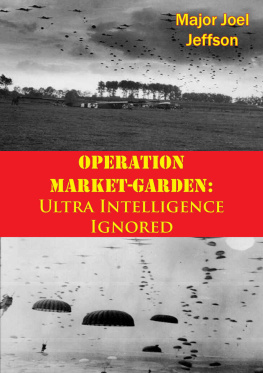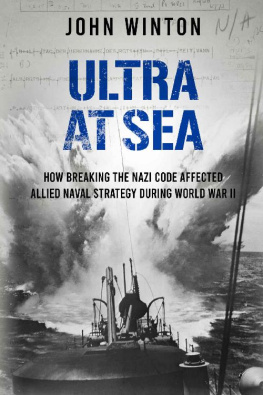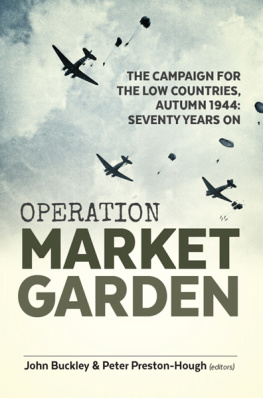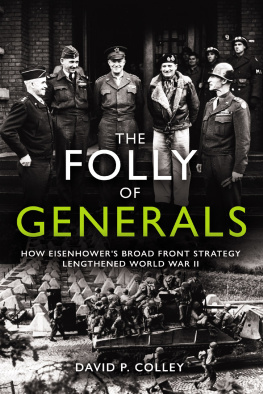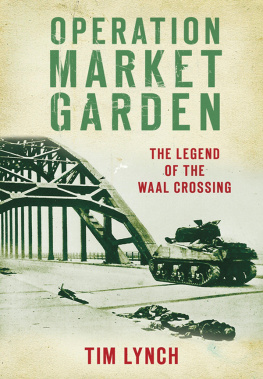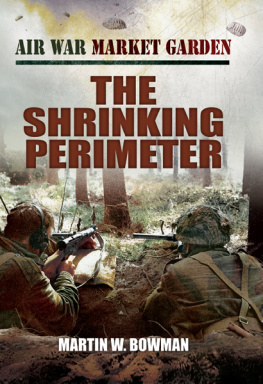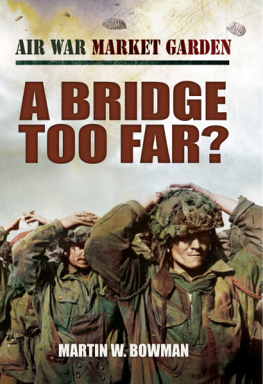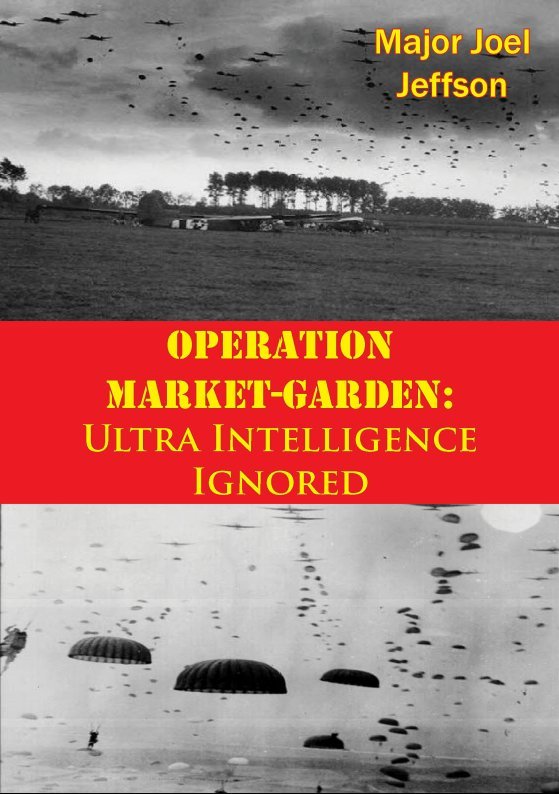
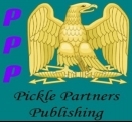
This edition is published by PICKLE PARTNERS PUBLISHINGwww.picklepartnerspublishing.com
To join our mailing list for new titles or for issues with our books picklepublishing@gmail.com
Or on Facebook
Text originally published in 2002 under the same title.
Pickle Partners Publishing 2015, all rights reserved. No part of this publication may be reproduced, stored in a retrieval system or transmitted by any means, electrical, mechanical or otherwise without the written permission of the copyright holder.
Publishers Note
Although in most cases we have retained the Authors original spelling and grammar to authentically reproduce the work of the Author and the original intent of such material, some additional notes and clarifications have been added for the modern readers benefit.
We have also made every effort to include all maps and illustrations of the original edition the limitations of formatting do not allow of including larger maps, we will upload as many of these maps as possible.
OPERATION MARKET-GARDEN: ULTRA INTELLIGENCE IGNORED
by
Major Joel Jeffson
TABLE OF CONTENTS
Contents
ABSTRACT
Authors and historians have made the words Market-Garden and intelligence failure virtually synonymous. Is this really the case? Operation Market-Garden, the plan envisioned by Field Marshal Montgomery, would open the gate into Germany and simultaneously force General Eisenhower to abandon his broad-front strategy in favor of his narrow-front strategy. Executed on 17 September 1944, this operation became one of the greatest defeats suffered by the Allies during the Second World War. Until 1974, when the British Government declassified Ultra, no one beyond the producers and consumers of Ultra intelligence knew of its existence. With the program now declassified, it was learned that Ultra allowed Allied commanders an unprecedented capability to read high-level German messages that were thought to be unbreakable. The release of these documents now showed that senior Allied commanders knew that the 9th and 10th SS Panzer Divisions were located on the corridor that the Allies planned to make their narrow-front thrust on. Despite this new information, numerous authors still continue to describe as an intelligence failure. While intelligence was not perfect in supporting this operation, it is not justifiable to say that Operation Market-Garden failed due to the intelligence systems failure to warn commanders of the threat to the operation.
ACKNOWLEDGMENTS
I would like thank my Thesis Committee for the advice and input they provided to me as I endeavored to complete this thesis. Without their contributions, it is doubtful if this thesis would have been completed on time.
I want to especially thank my wife, Christine, and children, Mallory and Nathan, who had to endure the many lost weekends that we would have otherwise spent together while I spent them in the library.
ACRONYMS
FAAAFirst Allied Airborne Army
GAFGerman Air Force
GCCSGovernment Code and Cipher School
GIR Glider Infantry Regiment
OIC Officer in Charge
PIRParachute Infantry Regiment
RAFRoyal Air Force
SHAEFSupreme Headquarters Allied Expeditionary Force
SLUSpecial Liaison Unit
ILLUSTRATIONS
Figure
Operation Market-Garden Plan
Enigma Keyboard
Enigma Machine with Open Box
Pursuit to West Wall
CHAPTER 1INTRODUCTION
This thesis examines if adequate intelligence was available to Allied commanders in the first half of September 1944, that should have warned them of the risks involved in executing Operation Market-Garden. While there were numerous sources of intelligence available to the commanders upon which to base their decision upon, this thesis will only focus on the information provided by the Ultra intelligence program. Strategic and operational leaders throughout the war used Ultra intelligence and this products accuracy was rarely questioned.
Numerous authors have stated that Operation Market-Garden failed because the intelligence community did not adequately warn the commanders of the threat the Germans posed to this operation. In the decades following the war, using the documents and personal testimonies available, this theory appeared to be correct. In 1974 the British government began to declassify the Ultra program and the Ultra messages that were transmitted to the field. Not only did historians begin to have access to the reports, but also the producers and consumers of Ultra intelligence could now, for the first time, begin to discuss Ultras impact on the war. Despite the declassification of Ultra intelligence, the perception remains that the intelligence community failed to warn commanders of the inherent risks of executing Operation Market-Garden.
An example of this continued perception is Lyman Kirkpatricks book Captains Without Eyes, initially published in 1969 with the first American edition published in 1987, that states, What happened at Arnhem was the result of a major intelligence error: a gross underestimation of the enemy and a serious misjudgement of the terrain. This last statement of his is clearly incorrect based on the Ultra messages, and brings his first statement into question. After the fall of Antwerp to the British Second Army on 4 September 1944, Ultra began to provide a very clear picture of the German forces moving into Holland, the reorganization within their command structure, the repositioning of panzer divisions to Holland, and the fact that the Germans anticipated an Allied attack, possibly with airborne forces, towards either Arnhem or Aachen. The intelligence information was available; whether commanders were adequately warned of the risks to the operation is really the question, as well as whether intelligence failed during this operation.
A later book by Michael Lee Manning, Senseless Secrets, published in 1996 states, The most significant intelligence failure of Market Garden was the gross underestimation of enemy strength. The criticism leveled by Manning is almost verbatim that of Kirkpatricks criticism, but the difference between the two is that Manning does reference the Ultra reports that indicated German armor in the vicinity of Arnhem. He places the failure to heed these reports on Montgomery and his staff, but does not address how Montgomerys staff attempted to warn him of the perils in continuing with this operation.
Numerous other authors have continued to perpetuate the theory that Market-Garden failed due to either a lack of intelligence or a failure of the intelligence personnel to adequately interpret the available information. While the intelligence community was certainly slow to change its overly optimistic assessments following the pursuit in late August, it did in fact change their assessments, and this information was presented to commanders at various levels of command. Each commander responded differently to this new information, but in the end the operation was executed as planned.
There were two main sources of intelligence to support the planning for the operation: signals intelligence (SIGINT) in the form of Ultra and human intelligence (HUMINT) that was mainly based on reporting from the Dutch resistance. Of the two, Ultra provided the most in terms of volume, but was also the most readily accepted as fact since it was not subject to disinformation or penetration by the Gestapo. While the Dutch resistance reports were confirmed by Ultra, or vice versa, their reporting was often discounted and not accepted to be true.
Next page
